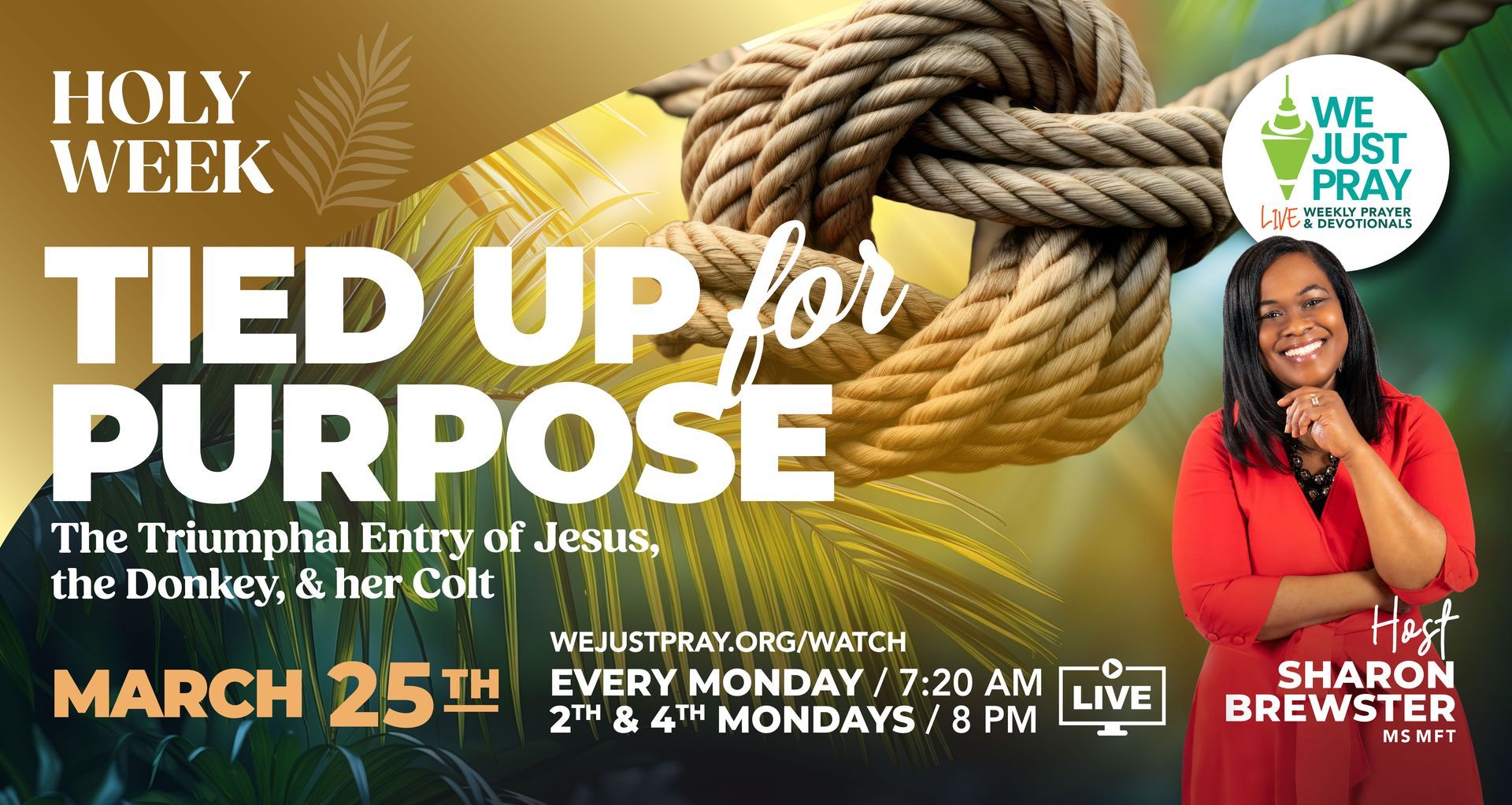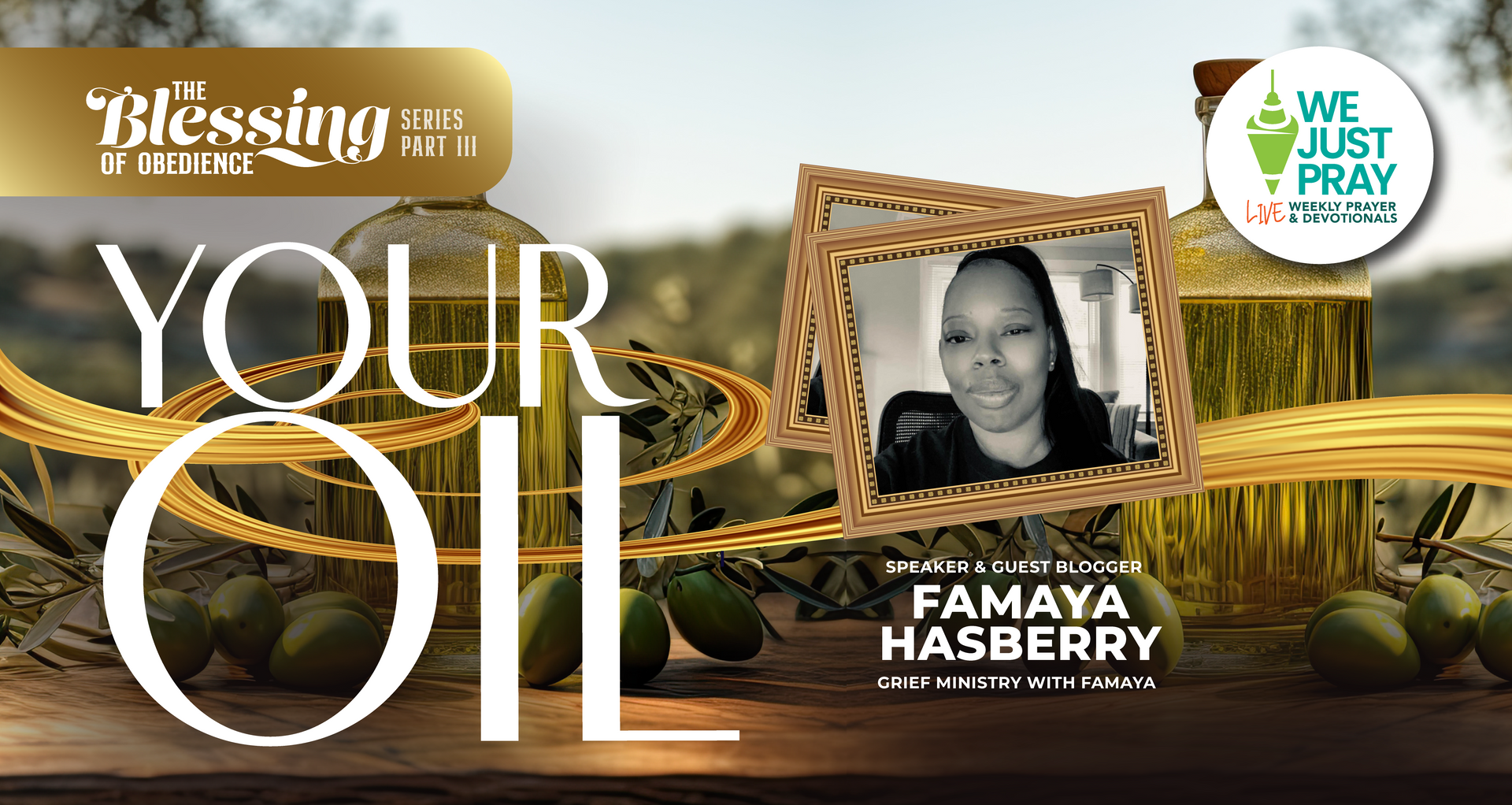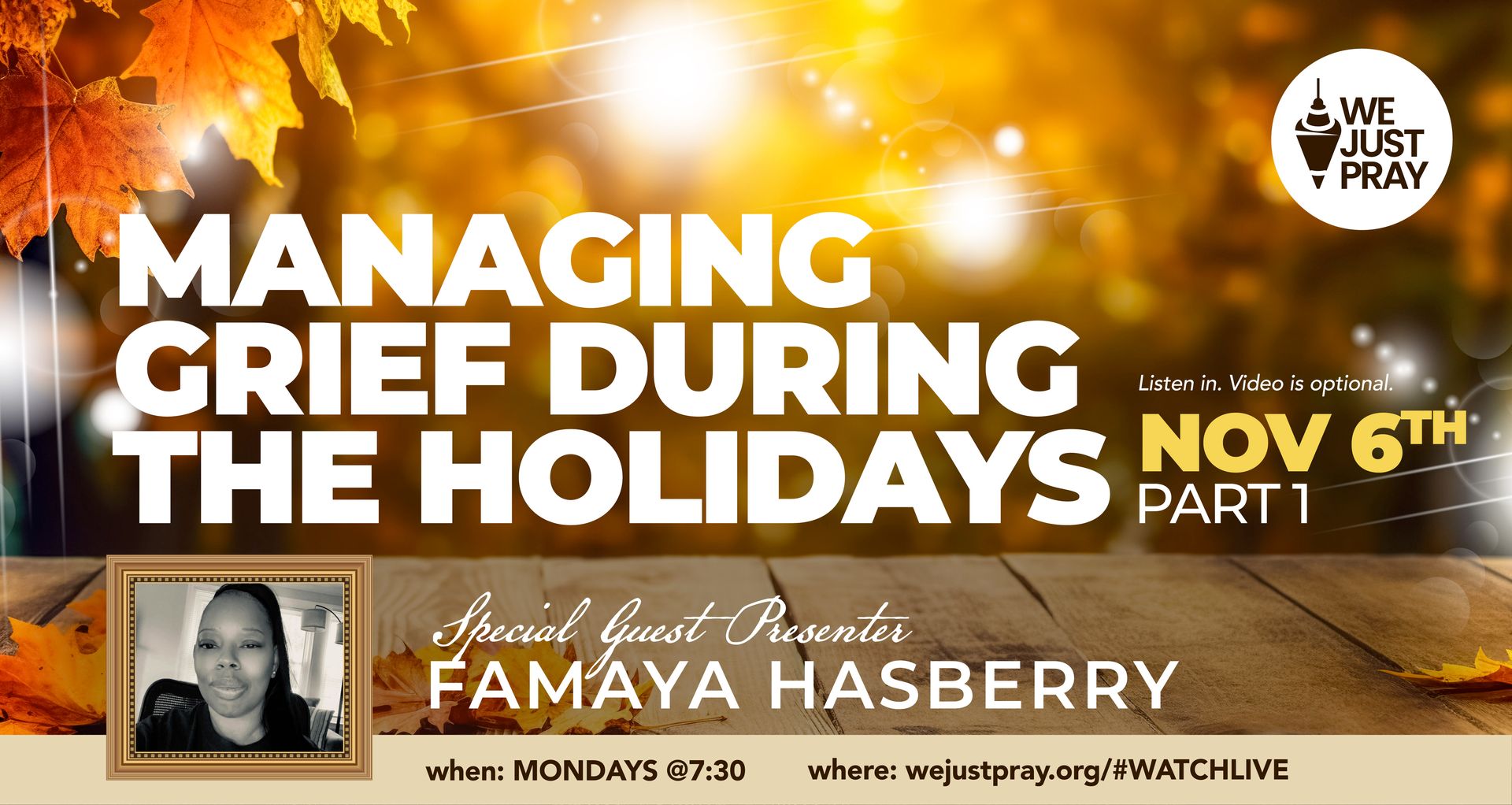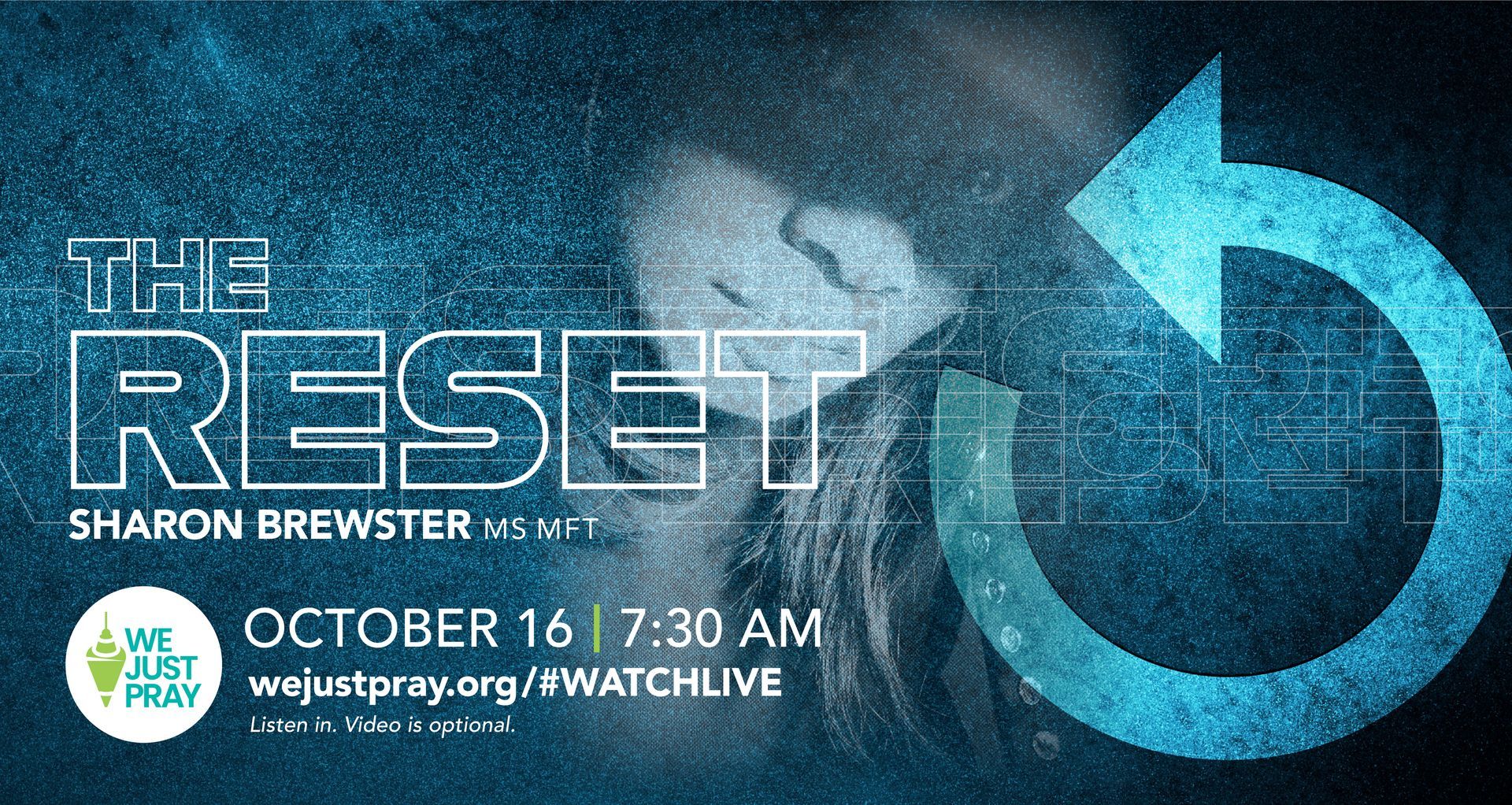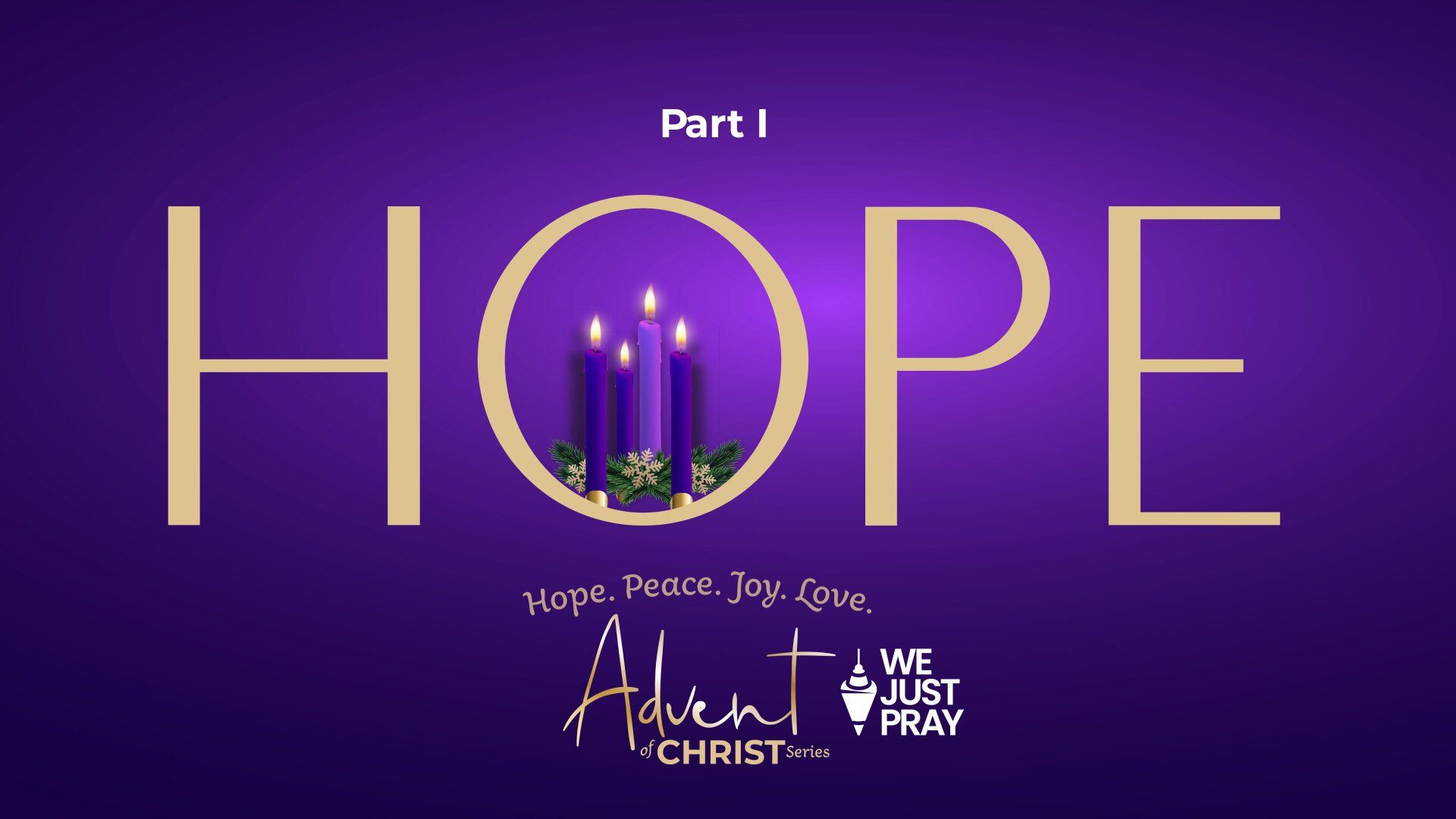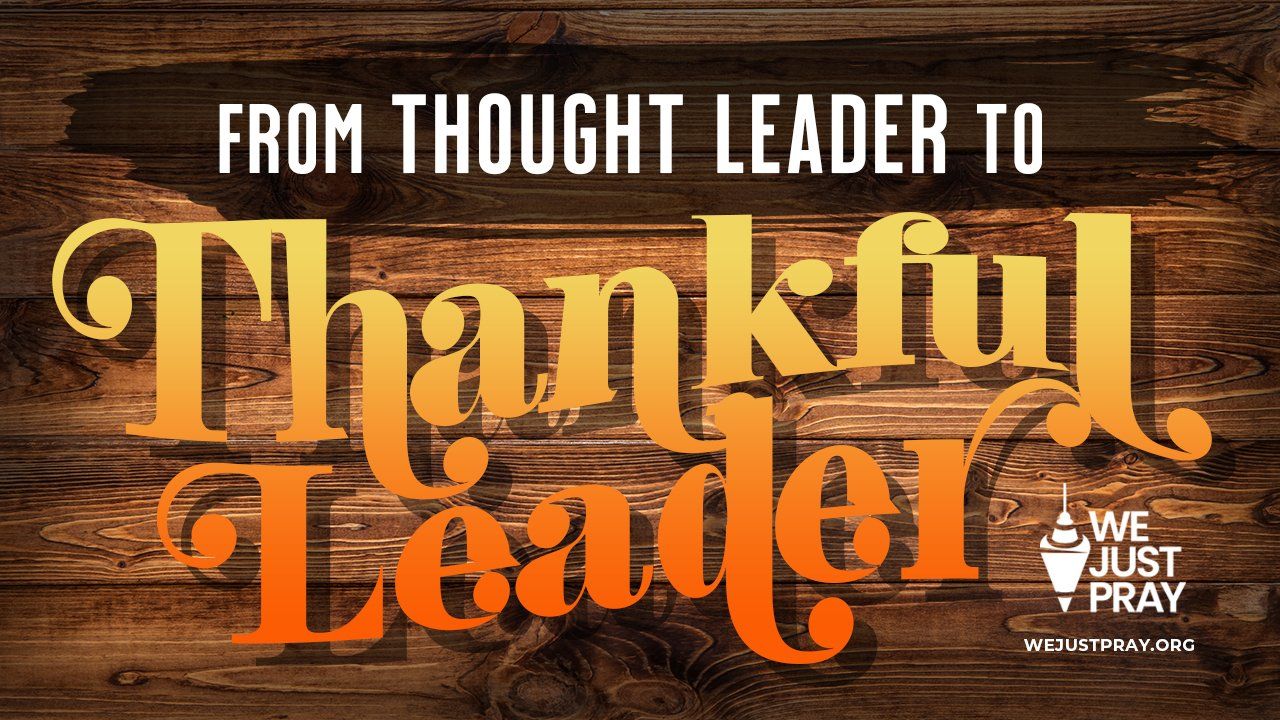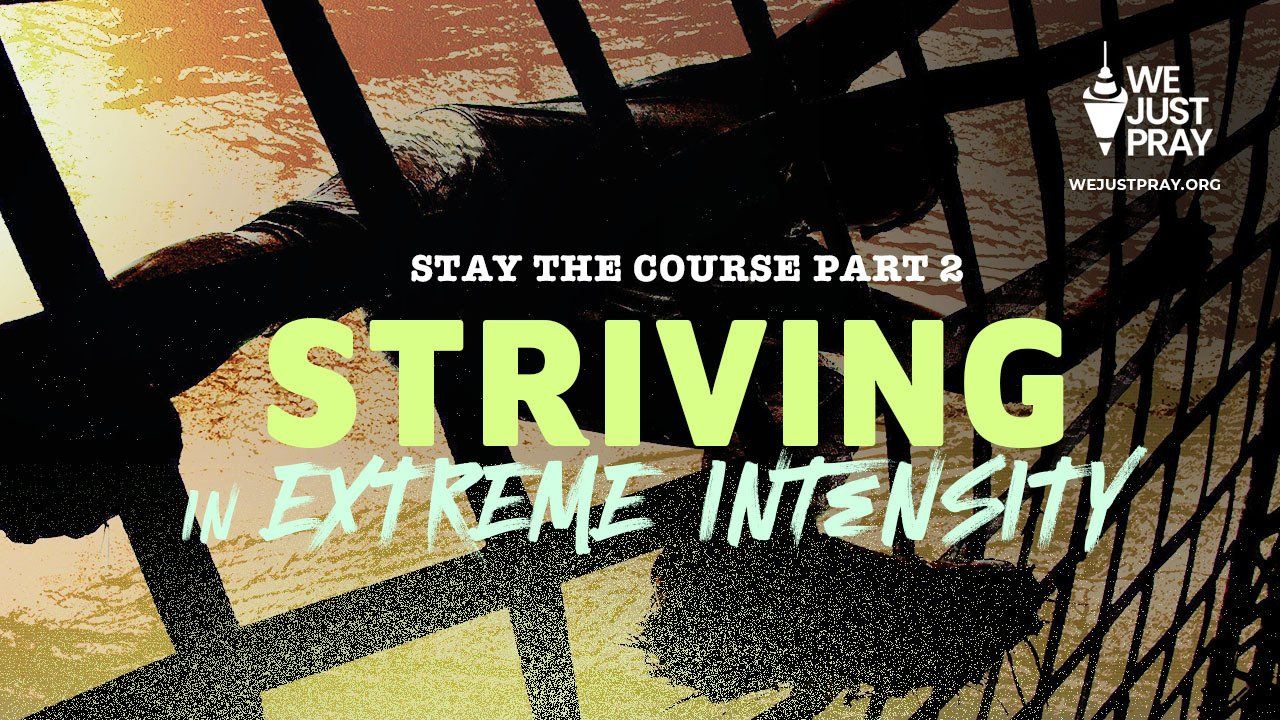Good Deeds: Collaborating For God's Glory
Good Deeds: Organizing…Community Building for the Holidays & Beyond
“Everyone can be great, because everyone can serve.” Martin Luther King, Jr. “This country will not be a good place for any of us to live in unless we make it a good place for all of us to live in.” “I have found that among its other benefits, giving liberates the soul of the giver.”
What does it mean to let our light shine?
"Let your light so shine before men, that they may see your good works, and glorify your Father which is in heaven. Jesus said, “Let your light shine before others” — Matthew 5:16A
- He explained that no one lights a lamp just to hide it under a basket. A lamp is meant to be placed on a stand to give light to everything around it. Whether you're timid or outgoing, you're called to be a light to the people around you.
- He knew troubling times were ahead and that we needed to be lights in those times in order for others to survive and thrive. In a world that is filled with darkness, believers are to be the lights shining through the darkness to lead people not only to safety but to the arms of Jesus.
- Never dull your shine for somebody else.” “Simply shine your light on the road ahead, and you are helping others see their way out of darkness.” “Nothing can dim the light that shines from within.” “Let your light shine today, and let your personality blossom, too.
"Never dull your shine for somebody else.” — Tyra Banks
“Nothing can dim the light that shines from within.” — Maya Angelou
"The light shines in the darkness, and the darkness has not overcome it." —John 1:5 (NIV)
What Does it Mean to Let Your Light Shine?
- Offer HOPE when there is none. You offer encouragement when it is needed most.
- Offer KINDNESS despite being surrounded by hate.
- Offer COMPASSION in a world that cares about the bottom line.
- Offer Patience – BALANCE when you're met with impatience. ...
"Good Deeds" is a phrase that refers to positive and altruistic
actions or acts of kindness that individuals perform to benefit
others or contribute to the greater good.
Good deeds can take various forms and may include acts such as helping someone in need, volunteering, donating to charity, offering support or encouragement, or simply showing kindness and compassion in everyday interactions.
Empathy is the ability to understand and share another person's experience, including their feelings, perspectives, and needs:
Benefits: Empathy can help you build better relationships, show compassion, and help others. It can also reduce your own distress by helping you understand and reduce the other person's
Why is Community Building important?
- Broaden knowledge
- Sense of Belonging
- Improve mental health
- Promote empathy
- Address social and economic issues
- Sense of Harmony
- Compassionate
- Goodwill
What is a benefit of community building?
When you engage in communities, you broaden your knowledge base. The simple act of interacting with a more diverse range of people can generate more perspectives and opinions to consider. As a result, communities help to promote a better sense of understanding and empathy, as well as clearer communication skills.
(RECAP from Last Year)
5 Stages of Forming a Group: Psychologist Bruce Tuckman first proposed this model in 1965. It's a useful framework for understanding team behavior. These stages are commonly known as: Forming, Storming, Norming, Performing, and Adjourning. (mid-1960s by Bruce W. Tuckman) Tuckman's model explains that as the team develops maturity and ability, relationships establish, and leadership style changes to more collaborative or shared leadership.Tuckman's stages of group development are a model that describes the five stages a team goes through as it develops:
Five stages of forming a group
1 — Forming:
The initial meeting of a new team, where members are excited but cautious. This is a time to build trust and relationships, and to define goals and responsibilities.
2— Storming: A stage where team members argue with each other, the tasks, and the leadership. This is a time when the team has moved from low confidence to enough confidence to assert itself.
3— Norming: A stage where group norms and roles are established.
4— Performing: A stage where the team is comfortable with each other and their work, and productivity is high. The leader rarely intervenes, and conflict is usually constructive.
5— Adjourning: The stage where the project ends
Morgan Scott Peck, famous for his widely read book “The Road Less Traveled,” went beyond individual psychology to explore how groups function together. His focus was on building more than just surface-level connections—he referred to it as “True Community.”
Let’s delve into the four stages of community development proposed by Scott Peck: Pseudocommunity, Chaos, Emptiness, and True Community.
Four Stages of Community Development
1 — Pseudo community:
- This is where individuals pretend everything is fine, even if there are differing thoughts and feelings.
- On the outside, it may appear friendly, but it conceals true thoughts and emotions.
- To progress beyond this stage, it takes courage and a willingness to go deeper than the surface.
2 — Chaos:
- Moving from pretense to genuine connection can be messy. Conflicts arise, and things may seem unruly.
- However, according to Peck, this chaos is necessary for authentic community.
- Embracing this discomfort is a key factor in personal growth and understanding others.
3 — Emptiness:
- After the chaos settles, there’s a stage of emptiness.
- Here, individuals let go of old ideas and become open to new possibilities.
- It’s not a frightening emptiness but rather a space where true community can take root.
4 — True Community:
- The ultimate goal is “True Community,” where individuals have navigated through challenges to form deep connections.
- This community is characterized by understanding, respect, and a shared purpose for everyone’s well-being.
Catch the replay of "Good Deeds" on our YouTube Channel. Remember to Like & Subscribe.
